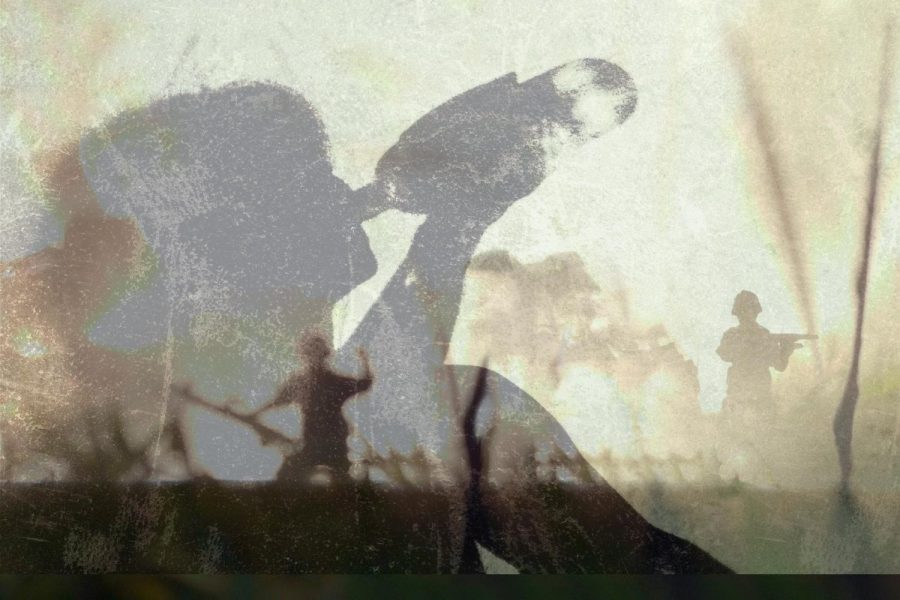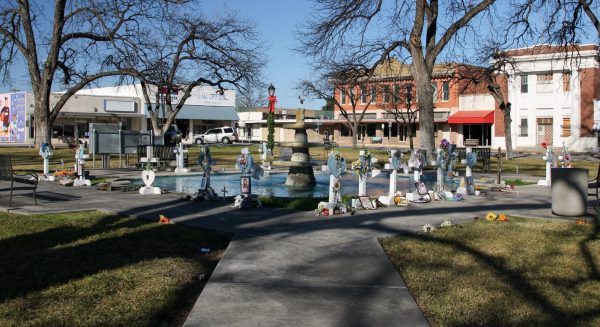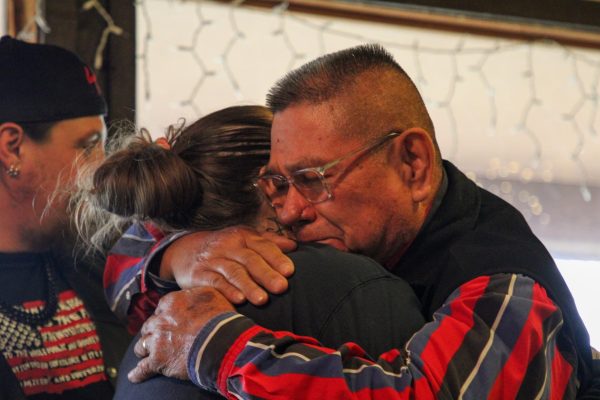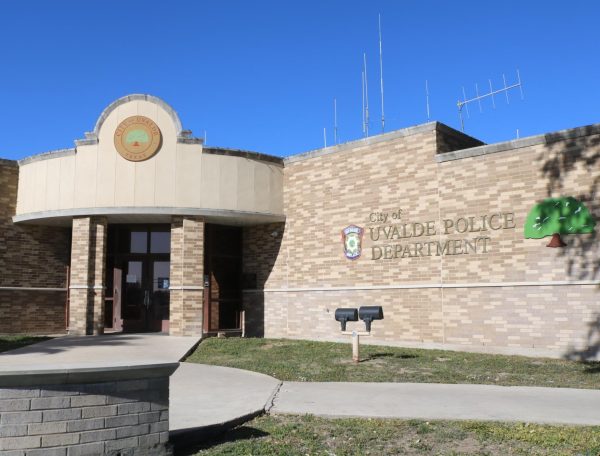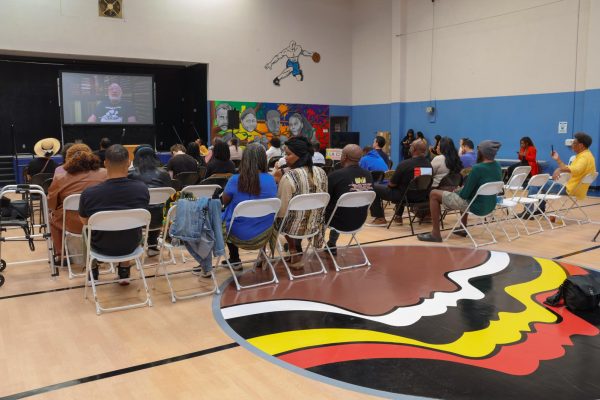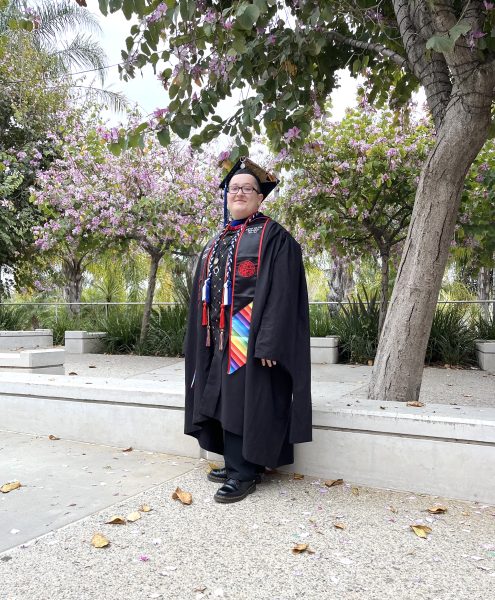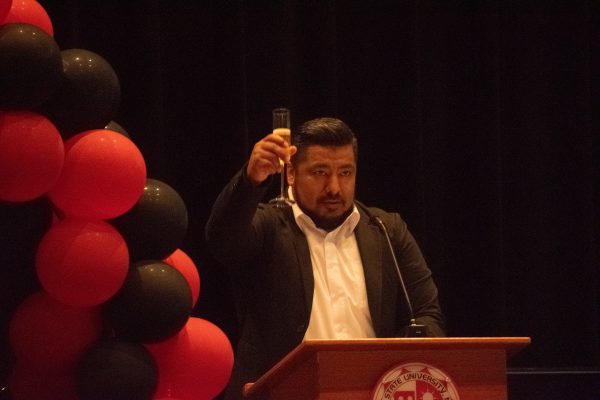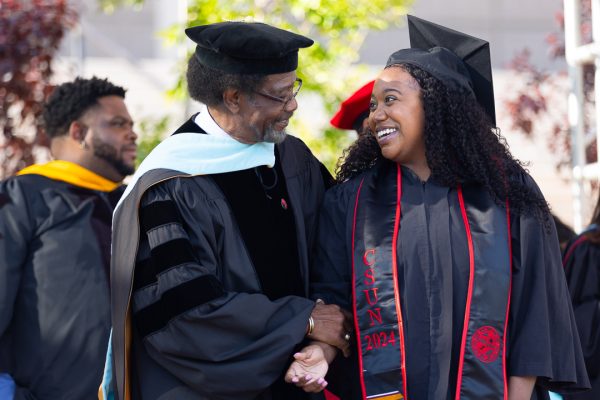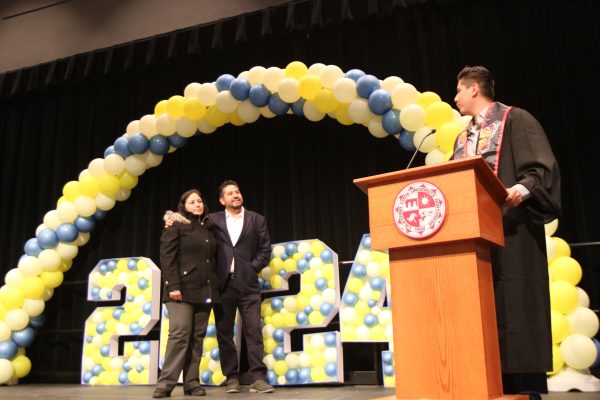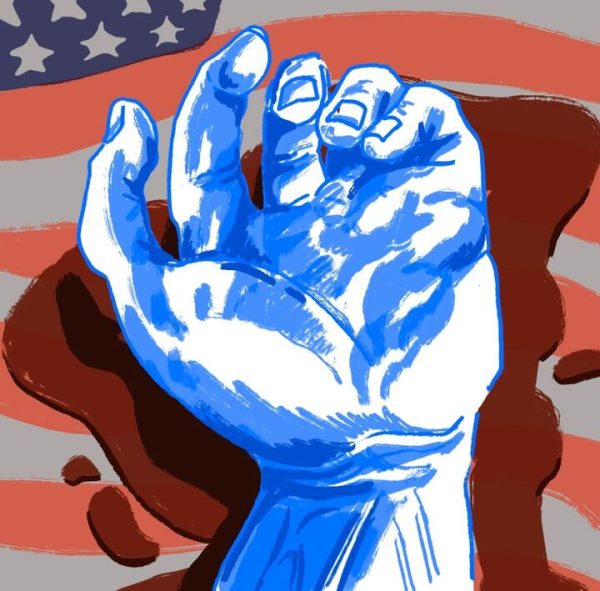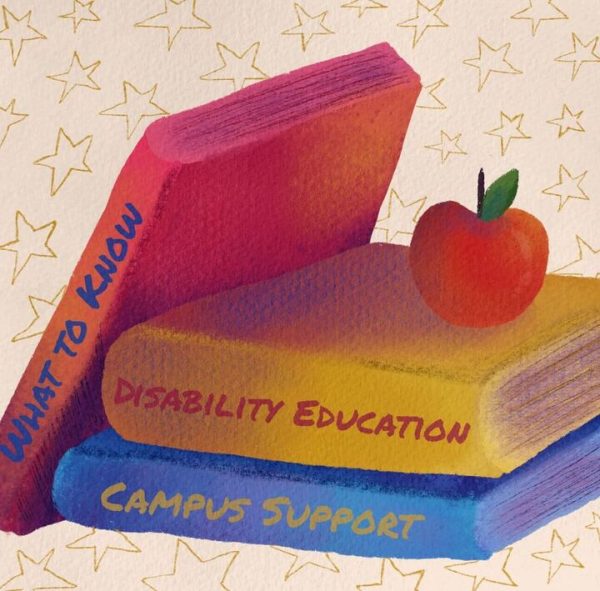OPINION: The cultural importance of being trauma informed
Illustration: “Aftermath.”
May 12, 2022
In my life, being trauma informed means trying to understand why my father left. It could have been his alcoholism, his own inability to parent or trauma from living in the era of the Guatemalan Civil War.
The word trauma can find its origin in early Greece. It derives from the Grecian word “wound.” We know trauma as an emotional wound that may directly result from a person’s experience or other stressors.
Now, we can sit here and uncover several other definitions for trauma, but it is more than a simple definition.
Trauma, as we come to learn, is emphasized for its causing of pain and anguish. Being trauma informed is not to say that all trauma can be healed, but to put the effort into our own lives. As well as trying our best to navigate the emotions that are left behind.
When I was younger, my life went from being a part of a nuclear family to only having my mother and sisters. Though my father left me in the prime of my adolescence, roughly 10 years ago, I am just now, at the age of 20, making sense of the pain.
Though I have grown tremendously, I also acknowledge that I still have a lot of growing and healing left to work on.
The idea of being “trauma informed” is multidimensional, which to me signifies a person’s ability to heal. To approach trauma as an imprint on your mind, body and soul rather than a single event in your life.
It means constantly learning and being able to approach forms of healing through communicating, reading books that contribute to my well-being and education, and navigating safe spaces.
I believe that being trauma informed is more than just the individual’s concerns of their own hurt. Being trauma informed means to shift our minds and be able to make sense of our pain and suffering. Instead, we should use these experiences as a form of healing. We learn to ask ourselves not: “What is wrong with us?” But rather: “What happened in our life that brought us here?”
Within Central American communities, speaking from personal experience and not for the seven countries with over 30 indigenous groups, there are a vast number of barriers that limit the communities’ capacity to change.
Growing up, barriers in my home were centered around having a single mother, who was both a domestic worker and undocumented.
The lack of resources in our communities are not confined to those mentioned prior. The lack of resources, though similar among cultures, vary among communities.
Barriers among the Latinx and other communities vary depending on several factors. For some it may be a lack of health care, language barriers, economic instability and other factors that deprive communities from gaining equitable access to resources.
In school, I would speak in English and at home in Spanish. However, though I use the word “lack,” I never felt as though I was missing anything in my life. My mother provided me with shelter and unconditional love, though her form of love was everything but hugs and kisses. I was raised by a woman who valued independence and instilled those ideas in me.
There are many more kinds of barriers, including the inability to read or write because of the lack of education in our people’s countries of origin, economic stressors and the overall stigma around resources being provided.
Stigma is interactional, therefore communities have the power of sharing or even ending stigma around change in the community.
As a Central American and transborder studies student, I have always been given the opportunity to grow and learn among my peers and, more importantly, my professors and mentors.
I am fortunate for professor Jocelyn Duarte who opened my eyes to the possibility of working in community-based organizations and professor Stephanie Lemus who gave me the opportunity to put my learning and passion for community service into praxis. Professor Jasmin Tobar continues to deepen my understanding on the subject of mental health and the importance of working with youth in our community.
More importantly, these women have taught me what it means to be a lifelong learner and advocate. The Central American and transborder studies department has provided me with a safe space to grow both as a person and professional.
I have been fortunate enough to work with nonprofit organizations such as the Salvadoran American Leadership Educational Fund and Clinica Monseñor Oscar A. Romero. It is through my time there that I have been able to unlearn and learn my own history. Unlearning what has been portrayed in the media of undocumented communities, unhoused communities and the stigmas surrounding mental health. And learning to appreciate the individual, look at the individual as they are part of communities.
Being trauma informed is not simply knowing, it is constantly learning, being critical, doubting yourself and those around you, and growing as a person, student, daughter and professional.
Being trauma informed, especially as a child of Salvadoran and Guatemalan immigrants, has provided me with a better sense of self and a better way to understand the relationships I have with my mother.
Over 10 years ago I was simply a girl abandoned by her father from one day to the next. I was left with constant uncertainty about myself. Kicking myself and asking: “Why? Why did he leave ME?” Now, at 20, I can instead sit here and look beyond my feelings to think about his substance abuse, his unfit parenting, and learn to no longer blame the child I once was.
Because that is what being trauma informed is. It is learning, which for me as a child meant learning to navigate myself in the eyes of an abandoned child who was not of worth. To unlearn this idea of myself and instead understand that I was only a child who was not at fault. Now I’m an adult that can take this pain and turn it into a form of healing.
For I now know that I am capable of being loved and am worthy of whatever my heart desires.
